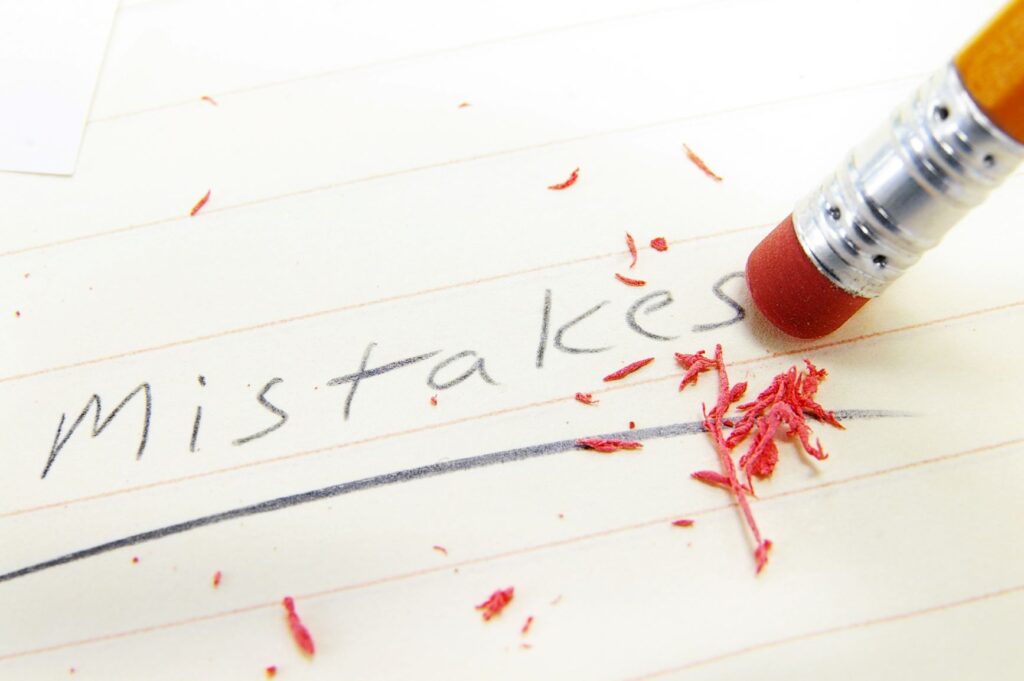Companies know they need to self-disclose bad news, but often struggle with when and how to do it. As the COVID-19 crisis continues to unfold, now might be the perfect time.

Why is now the time?
Your customers and audiences are rightly distracted by coronavirus news, making your company news a lot less important by comparison.
Your page 1 worthy story is more likely to get buried deeper into the paper as prime space is COVID related.
Any financial hit you would have faced head-on related to your disclosure will now be intertwined and combined with the greater economic impacts of the coronavirus downturn.
How does coronavirus focus simplify how to disclose?
Announcement logistics are easier now as large press conferences are out, as are in-person employee town hall meetings. Your options to communicate are narrowed, giving you more control of how the message is delivered and received.
For the public, a formal press release announcement allows you to carefully word what you want on the record without receiving immediate real-time questions to answer. A recorded video message that can be viewed and downloaded by media allows the same thing.
Internally for employees, it’s much the same initial strategy. A carefully worded email or memo to employees and/or a video where they see your sincerity and leadership. Just assume that whatever you send to employees is likely to eventually be shared with media, so be consistent with the public message you shared.
Phone or web video interviews with reporters are likely to follow, but these types of interviews are often much easier for companies to manage than a face-to-face meeting or a press conference where a herd-style reporting occurs.
Another consideration as to timing of your disclosure:
To be clear, a disclose can further hurt an already struggling company in the short term, but the risks are much worse if the disclosure comes after the crisis as businesses are beginning to recover. Waiting may set your company further behind competitors costing you market share or may make your eventual recovery less likely.
And if you’re wondering if it’s honorable to disclose something negative in a time like this, I’d counter that it’s more ethical to disclose something as soon as possible rather than to hold on to it when that delay may be many months from now where people are kept in the dark.
Timing doesn’t change the announcement and what you need to do to fix it.
What you say and the actions your company takes to fix the problem and protect customers should be the same regardless of timing. You’re still on the hook for your mistakes–intentionally made or not. A quiet disclosure doesn’t change your obligations or the consequences.
An example would be if online data was stolen. You still need to announce how you’re going to make those affected whole and ensure it never happens again. Another example would be self-disclosing that employee fraud or other inappropriate actions were discovered. You still need to deal with the problem and pay the cost even if fewer people are paying attention to your announcement.
You still need to do what’s right even if you’re hoping no one notices.
Finally, it’s important to note that I write this as we’re only a few weeks into the COVID-19 pandemic in the United States. While most are staying home, only selected states are on true lock-down, while others are encouraging remote working and have closed restaurant seating but kept takeout open. Testing remains spotty and we’re still a few weeks away from projected peak illnesses. As we get deeper into the crisis, the calculous of when to disclose may change.


